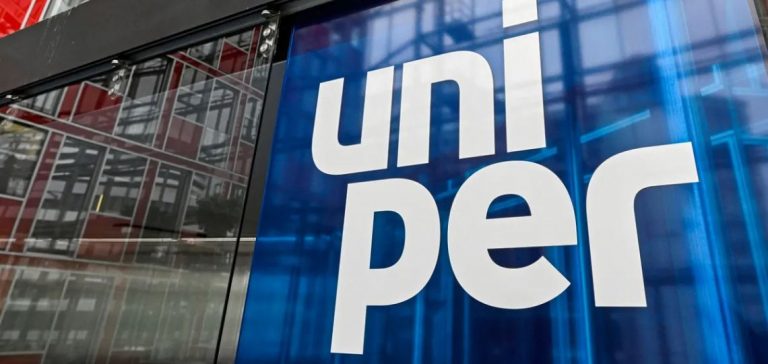Uniper has announced the cancellation of its SkyFuelH2 project, aimed at producing green hydrogen-based sustainable aviation fuel (e-SAF) in Sweden. This decision comes in a context of a challenging market and rising costs, making the project economically unviable.
The German company emphasized that the persistent uncertainty surrounding the regulatory frameworks intended to support the increased demand for e-SAF played a decisive role in this decision. “The uncertain effects of the regulatory frameworks mean that the project is no longer commercially viable,” a Uniper spokesperson said in an email dated October 11.
Increase in Costs and Supply Chain Disruptions
Investment costs for green hydrogen projects have significantly increased in recent years. This rise, combined with supply chain disruptions and challenges related to scaling projects, has hindered the development of the nascent industry. The project, located in Sollefteå, Sweden, was intended to produce enough e-SAF to meet 10% of the country’s total aviation fuel demand. The site had good access to renewable energy, biomass, and railway logistics.
Withdrawal of Key Partners
In late 2023, Sasol ecoFT, Uniper’s partner in the project, withdrew due to a strategic shift within the parent company. Sasol ecoFT was to provide the Fischer-Tropsch technology for e-SAF production. Uniper had intended to bring in new partners to continue the project, which was planned to be constructed starting in 2026 with first operations by 2029. However, without Sasol ecoFT, the project’s viability collapsed.
Consequences for the Sustainable Fuels Sector
This cancellation occurs shortly after Orsted also abandoned its eMethanol project in northern Sweden earlier in 2024, citing slow market progress and the inability to sign long-term offtake contracts. Shell also withdrew its participation in an e-SAF partnership in Sweden with renewable fuels producer Vattenfall in July, as part of a broader retrenchment in European renewable fuels projects.
Regulatory and Economic Challenges
In Germany, the first H2Global hydrogen derivative import tender for e-SAF attracted no final bidders. Susana Moreira, executive director of H2Global, explained that the tender failed due to the limited volume available and the European Union rules defining sustainability criteria for SAF. Moreover, the Fischer-Tropsch process, used to produce e-SAF, requires that the green attributes are shared across all byproducts, making the costs prohibitive.
Future Prospects for Uniper
Despite abandoning the SkyFuelH2 project, Uniper stated that it would apply the knowledge and insights gained from this project to future developments. Johan Svenningsson, CEO of Uniper Sweden, said: “This was a tough decision to make, but it is one rooted in realities. While SkyFuelH2 will not move forward, our commitment to sustainability and innovation remains strong.”
Uniper plans to explore other potential uses for the site in the Hamre area, where it had already secured land for development, working closely with the local municipal authority.
Cost Production Evaluation
According to Platts, a subsidiary of S&P Global Commodity Insights, the cost of producing hydrogen via alkaline electrolysis in Europe amounts to EUR6.82/kg ($7.46/kg) on October 10, based on month-ahead electricity prices. Production via proton exchange membrane electrolysis was assessed at EUR7.05/kg. These high costs contribute to the financial difficulties faced by sustainable fuel projects.






















